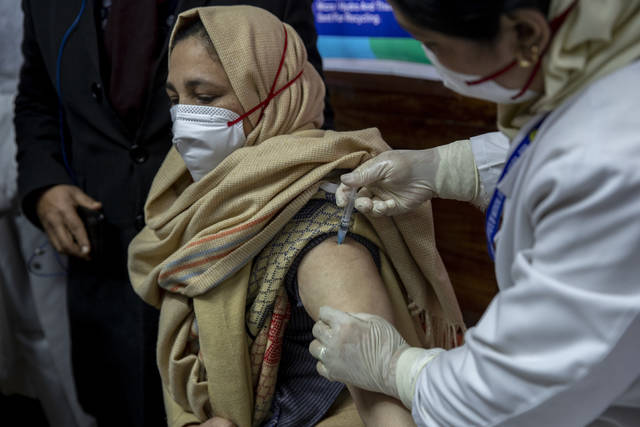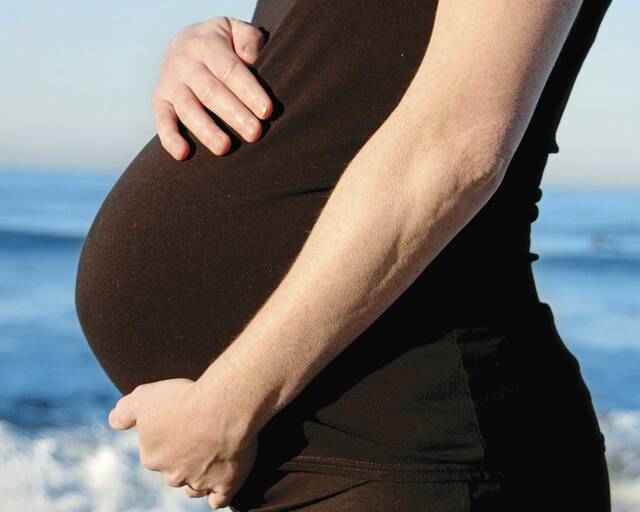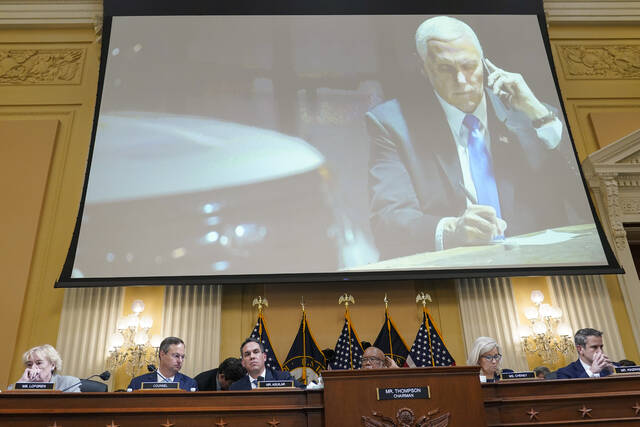“A Covid Mystery,” proclaimed a New York Times newsletter. “Why has the death toll been relatively low across much of Africa and Asia?” Like a know-it-all kid in seventh grade, I thought: “Call on me! I know this!” and clicked on the item. But to my surprise, the account that followed completely failed to mention what I thought was the obvious answer.
David Leonhardt’s piece notes the fact that, against all expectations dating from the early stages of this pandemic, poorer countries of Africa and Asia have suffered only a small fraction of the death rates from the coronavirus that wealthier nations have experienced. In the U.S., we’ve had 1,580 deaths per million inhabitants. Italy has had 1,651, whereas Egypt has had 109, and Nigeria 10.
Leonhardt lists some potential causes for this unexpected result. Could it be that poorer countries have younger populations? They do. But that doesn’t quite account for the disparity.
Another potential cause of the differential: It’s possible that people in Africa and Asia have had exposure to similar pathogens in the past and that their immune systems were primed for covid-19.
Some countries’ leaders responded better than others to the pandemic. But that doesn’t solve the puzzle either, writes Leonhardt, since many of the nations with low death tolls have had government responses that have been as weak and scattershot as countries with higher mortality.
Leonhardt closes by concluding that multiple factors must be at work. That is almost certainly right, and yet, there is one factor he failed to take into account.
In The New Yorker, Pulitzer prize-winning writer, doctor and cancer specialist Siddhartha Mukherjee concludes, “For many statisticians, virologists, and public-health experts, the regional disparities in covid-19 mortality represent the greatest conundrum of the pandemic.”
This seems odd because just last week, the World Obesity Federation issued a report showing that there is a clear link between excess body weight, especially obesity, and covid-19 mortality. Overweight was more predictive of severe covid-19 illness than any factor with the exception of age. They found that in countries where less than half of the adult population was classified as overweight, the risk of death from the coronavirus was about one-tenth the level found in nations where more than half are overweight or obese.
In the United States, coronavirus mortality rates by ethnicity map onto obesity rates pretty closely. According to the Centers for Disease Control and Prevention, the obesity rate among African American adults is 49.6%, followed by Hispanics (44.8%), whites (42.2%) and Asians (17.4%). The death rate from covid-19 so far, according to APM Research Lab, has indigenous Americans with the highest rate (they were not included in the CDC data), but African Americans were second highest, followed by whites and Hispanics (with nearly identical rates), with Asians significantly behind.
I am no epidemiologist, but I do detect some tip-toeing around a delicate subject.
No one wants to suggest that people are to blame for their illness. And certainly grandma’s death from covid-19 is no less of tragedy because she needed to lose a few pounds. But the rush to condemn the American medical system as severely racist, which characterized a lot of the early analysis of these data about racial disparities, may have been overwrought. It doesn’t mean there is no racism in the medical system. There are troubling studies, for example, about African Americans being prescribed less pain medication than other patients. And God knows, a nation that conducted the Tuskegee experiment cannot expect African Americans to be trusting for a few more generations. But the idea that rampant racism among doctors and nurses, many of whom are non-white, could account for the disparity in deaths from the coronavirus seemed dubious.
So before the next pandemic strikes, we need to take steps to prepare, stockpiling PPE, syringes and so forth. And we need better coordination at all levels of government. But Americans also can take responsibility for their own health by shedding those extra pounds.








